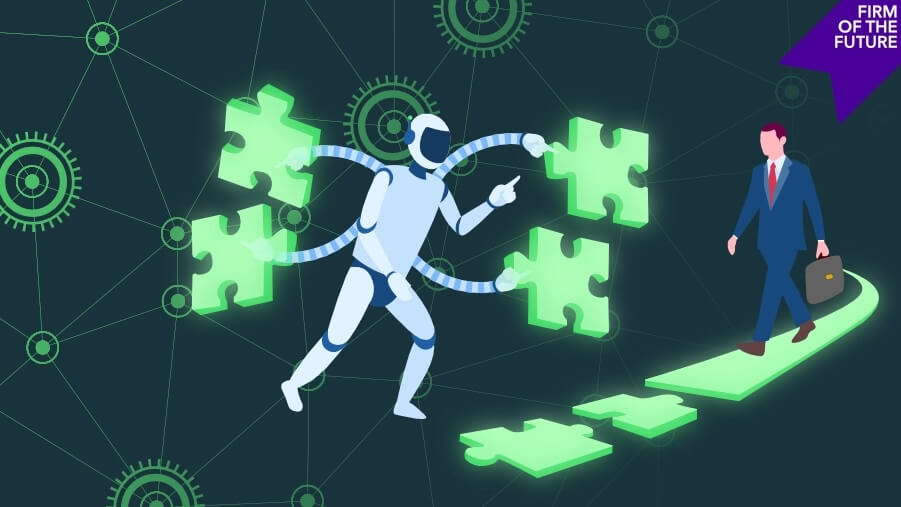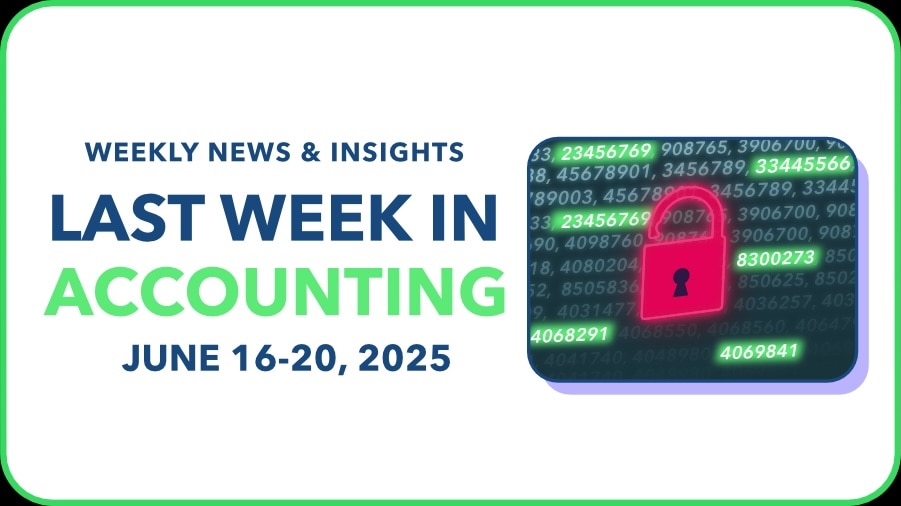🔍 Top headlines
Intuit CEO outlines vision for AI agents to handle end-to-end accounting workflows
Intuit is rolling out a suite of AI agents designed to automate everything from lead management to cash collection within QuickBooks, now available for US customers. CEO Sasan Goodarzi positions this as a solution to what he calls "over-digitization," when small businesses juggle up to 10 different apps that don't communicate with each other.
The AI agents will integrate with Gmail and SMS to rank leads, generate estimates and invoices, and flag critical actions, such as following up on overdue payments. Intuit is pairing these agents with 12,000 human experts who work alongside the AI to ensure accuracy and a solid customer experience.
What's particularly interesting is Intuit's data approach that is training proprietary financial language models exclusively on customer data that never leaves their infrastructure. This suggests a more cautious path forward than the "move fast and break things" mentality we've seen elsewhere in AI deployment, positioning firms to leverage automation while maintaining the accuracy standards the profession demands.
Grant Thornton survey reveals massive tech investment gap between spending and strategic alignment
Grant Thornton's first Digital Transformation Survey delivers a sobering reality check: While 93% of organizations are increasing technology investments, only 27% report their tech is fully aligned with business objectives. And with 32% of survey respondents noting that their data probably needs work, many organizations are building their ambitious tech initiatives on top of shaky foundations.
What's particularly relevant for accounting professionals is the survey's emphasis on tracking usage alongside traditional ROI calculations. Real-time data on how teams actually adopt technology can quickly signal when something isn't working, such as low API usage indicating an application isn't being fully deployed. This allows for faster adjustments rather than waiting months for ROI results to reveal problems.
The tax function shows how this plays out in practice, with departments increasingly using AI for taxability decisions and exploring different approaches to find tax savings. This suggests we're moving beyond basic automation toward technology that actively improves decision-making.
IMA expands competency framework to include data analysis and cross-functional tech skills
The Institute of Management Accountants (IMA) unveiled an expanded competency framework that goes beyond traditional accounting to include data analysis, business operations, IT, and project management skills.
The updated framework represents IMA's recognition that the profession is evolving beyond technical accounting knowledge toward what they call "trusted strategic business partners." It’s a reflection of the fact that organizations are increasingly expecting their finance teams to bridge functional silos and contribute to a broader business strategy, not just maintain compliance and reporting.
What's particularly significant is IMA's focus on making these competencies "aligned, scalable, and tied directly to business impact." This language signals a profession that's positioning itself as central to operational success rather than a support function.



